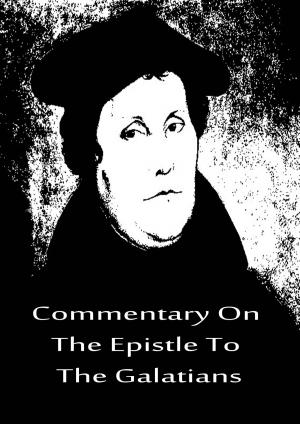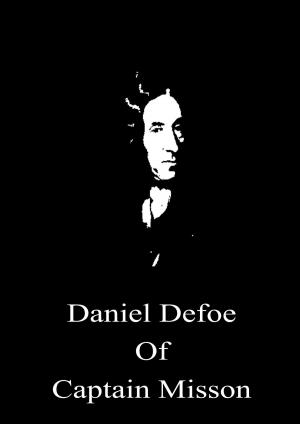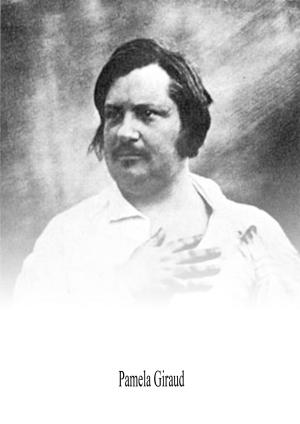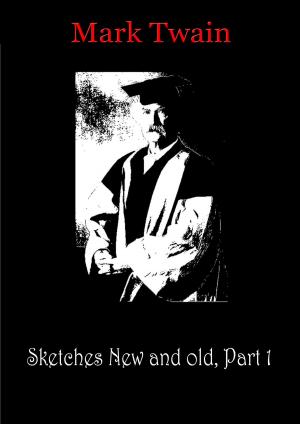| Author: | Adam Smith | ISBN: | 1230000032347 |
| Publisher: | Zhingoora Books | Publication: | November 21, 2012 |
| Imprint: | Language: | English |
| Author: | Adam Smith |
| ISBN: | 1230000032347 |
| Publisher: | Zhingoora Books |
| Publication: | November 21, 2012 |
| Imprint: | |
| Language: | English |
Christmas Summary Classics
This series contains summary of Classic books such as Emma, Arne, Arabian Nights, Pride and prejudice, Tower of London, Wealth of Nations etc. Each book is specially crafted after reading complete book in less than 30 pages. One who wants to get joy of book reading especially in very less time can go for it.
ADAM SMITH
Wealth of Nations
Adam Smith, greatest of discoverers in the science of Political Economy, was born at Kirkcaldy, Scotland, on June 5, 1723, after the death of his father, who had been Comptroller of Customs at that port. He was educated at Kirkcaldy Grammar School, then at Glasgow University, and finally at Balliol College, Oxford, where he studied for seven years. From 1748 he resided in Edinburgh, where he made a close friendship with David Hume, and gave a course of lectures on literature; in 1751 he became professor of Logic in Glasgow University, and in the following year professor of Moral Philosophy. A philosophical treatise entitled "A Theory of Moral Sentiments," published in 1759, has no longer any interest; but it was during his thirteen years' residence in Glasgow that Smith arrived at the principles formulated in his immortal "Inquiry into the Nature and Causes of the Wealth of Nations." He left Glasgow in 1763 to become the tutor of the youthful Duke of Buccleuch, with whom he lived at Toulouse, Geneva and Paris, studying the politics and economics of France on the eve of the Revolution. In 1766 Adam Smith retired to Kirkcaldy, with an annuity from the Buccleuch family; devoted himself to his life's work; and in 1776 published the "Wealth of Nations," which at once achieved a permanent reputation. The author was appointed, in 1778, Commissioner of Customs for Scotland, and died on July 17, 1790. Adam Smith was a man of vast learning and of great simplicity and kindliness of character. His reasonings have had vast influence not only on the science of Economics but also on practical politics; his powerful defence of free trade, and his indictment of the East India Company have especially modified the history of his country.
Christmas Summary Classics
This series contains summary of Classic books such as Emma, Arne, Arabian Nights, Pride and prejudice, Tower of London, Wealth of Nations etc. Each book is specially crafted after reading complete book in less than 30 pages. One who wants to get joy of book reading especially in very less time can go for it.
ADAM SMITH
Wealth of Nations
Adam Smith, greatest of discoverers in the science of Political Economy, was born at Kirkcaldy, Scotland, on June 5, 1723, after the death of his father, who had been Comptroller of Customs at that port. He was educated at Kirkcaldy Grammar School, then at Glasgow University, and finally at Balliol College, Oxford, where he studied for seven years. From 1748 he resided in Edinburgh, where he made a close friendship with David Hume, and gave a course of lectures on literature; in 1751 he became professor of Logic in Glasgow University, and in the following year professor of Moral Philosophy. A philosophical treatise entitled "A Theory of Moral Sentiments," published in 1759, has no longer any interest; but it was during his thirteen years' residence in Glasgow that Smith arrived at the principles formulated in his immortal "Inquiry into the Nature and Causes of the Wealth of Nations." He left Glasgow in 1763 to become the tutor of the youthful Duke of Buccleuch, with whom he lived at Toulouse, Geneva and Paris, studying the politics and economics of France on the eve of the Revolution. In 1766 Adam Smith retired to Kirkcaldy, with an annuity from the Buccleuch family; devoted himself to his life's work; and in 1776 published the "Wealth of Nations," which at once achieved a permanent reputation. The author was appointed, in 1778, Commissioner of Customs for Scotland, and died on July 17, 1790. Adam Smith was a man of vast learning and of great simplicity and kindliness of character. His reasonings have had vast influence not only on the science of Economics but also on practical politics; his powerful defence of free trade, and his indictment of the East India Company have especially modified the history of his country.

![Cover of the book Persuasion [Christmas Summary Classics] by Adam Smith](https://www.kuoky.com/images/2012/november/300x300/1230000032296-hXfw_300x.jpg)

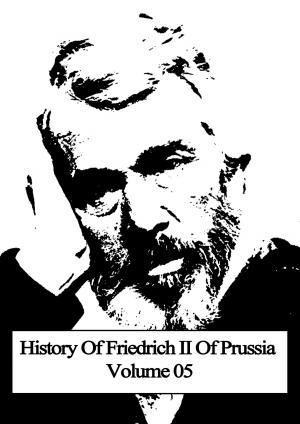

![Cover of the book The Principles of Geology [Christmas Summary Classics] by Adam Smith](https://www.kuoky.com/images/2012/december/300x300/1230000036278-GhO9_300x.jpg)

![Cover of the book The Papers of the Forest School Master [Christmas Summary Classics] by Adam Smith](https://www.kuoky.com/images/2012/december/300x300/1230000036880-lCjN_300x.jpg)
